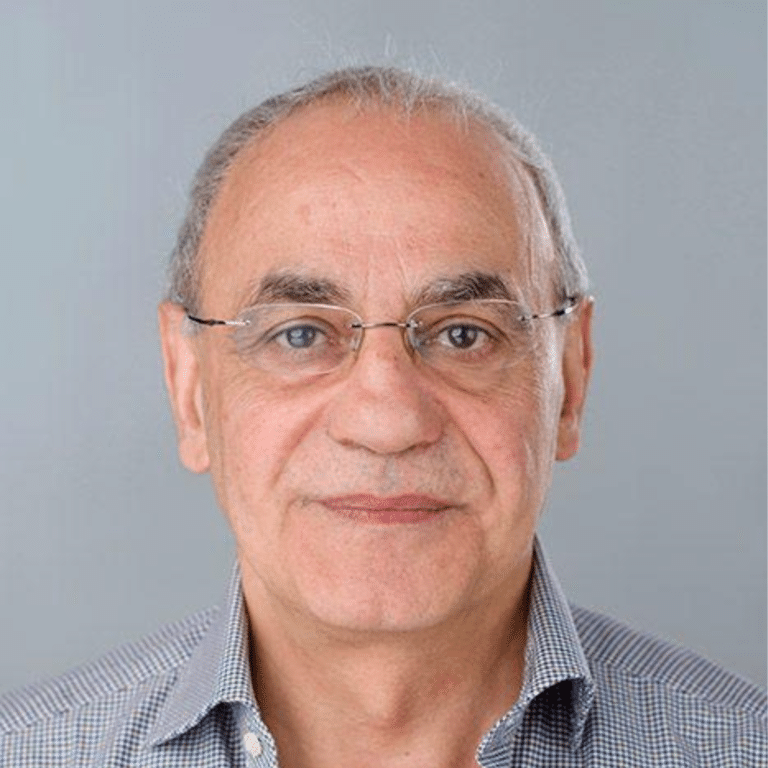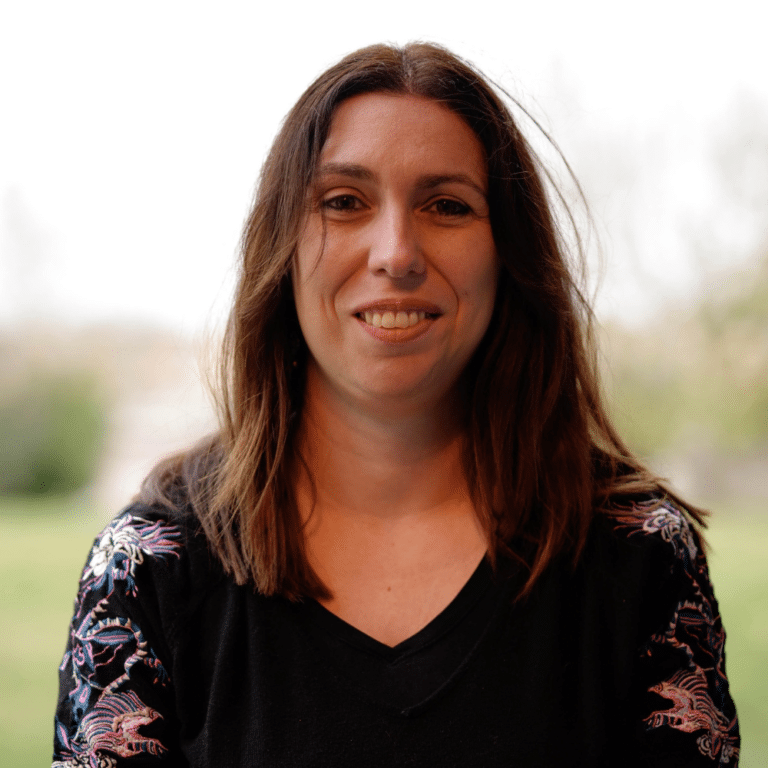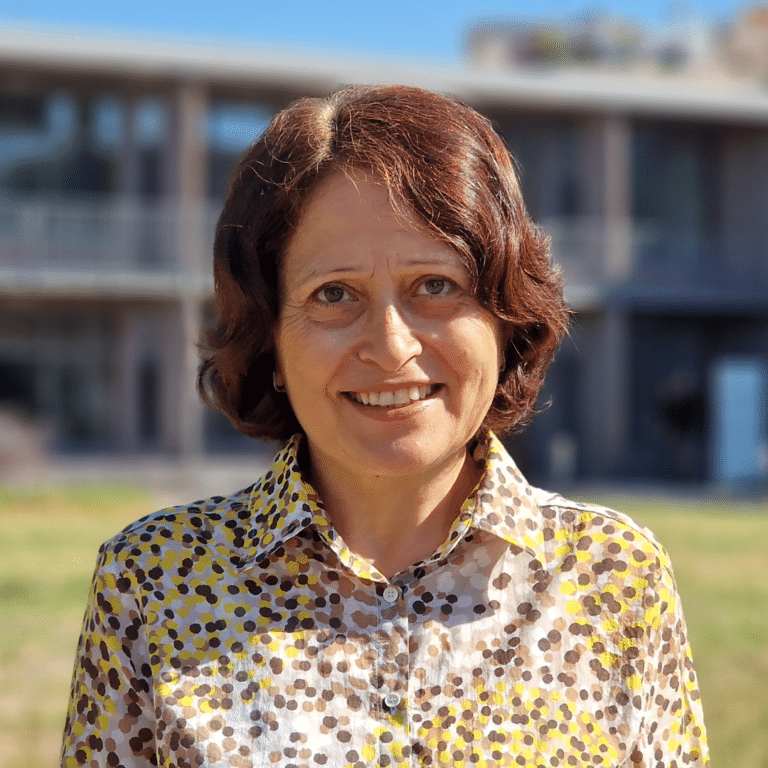Research project
Making fatwas today: between the demands of reformism and the interference of politics. Comparative study
Summary of the research project
The research project we are proposing as part of the Iméra is a continuation of my work on the relationship between religious and politics in Muslim countries.
The objective of this project is to show: 1. How fatwas have become a subject of great importance in the lives of believers; 2. How fatwas are made within official (state) institutions having this responsibility, but also within groups (scholars, parties, associations, etc.) who want to give or even impose an «independent» religious point of view.
Biography
Belkacem Benzenine is a researcher at the Centre de recherche en anthropologie sociale et culturelle (CARSC) in Oran. Since 2017, he has edited the journal Insaniyat, an Algerian journal of anthropology and humanities. He is the author of Penser la laïcité dans les pays arabes (L’Harmattan, 2014) and directed (with Mohand Amer Amar) La question des indépendances au Maghreb (Karthala, 2012). He published several articles on The vote of the Algerian community abroad: What stakes for political parties? , International Journal of Comparative Politics (2019), “Symbolism and Political Significance of Rabia’s Gesture in Egypt,” In Words. Les langages du politique, 2016. Her work focuses on political parties in Algeria, the place of women in political life. The religious referent and forms of mobilization are the main concerns that motivate his research on these issues.




